President Ronald Reagan confirmed eight judicial nominees in his first year in office, at the time a historic number.
President Donald Trump and Senate Majority Leader Mitch McConnell, just after Thanksgiving — if all goes to plan — will have confirmed nine.
Axios, calling the spate of nominees the “sleeper story that matters,” notes that tax reform and end-of-year spending are grabbing the headlines; but judicial nominations and confirmations are the quiet movement that will have repercussions for generations to come.
The federal courts affect almost every area of policy: gun rights, presidential executive orders like Trump’s travel ban, social policy issues like abortion and freedom of religion, and tensions between regulation, litigation and private enterprise. McConnell’s judges — who passed through a well-funded and organized conservative pipeline — will shape the U.S. over many decades in ways we can’t yet imagine.
Beginning with new Supreme Court Justice Neil Gorsuch, conservatives, taking cues from the Washington, D.C.-based Federalist Society, have been slowly, methodically shifting the trajectory of jurisprudence since Trump was inaugurated in January. Democrats are concerned about what they see as a wave of nominations in the branch of government that is increasingly deciding policy as Congress grows more and more gridlocked.
“This will be the single most important legacy of the Trump administration,” Sen. Chris Coons, a Delaware Democrat and member of the Senate Judiciary Committee, told Business Insider. If conservatives have their way, he said, the Senate would “put judges on circuit courts all over the country, district courts all over the country, that will, given their youth and conservatism, will have a significant impact on the shape and trajectory of American law for decades.”
Conservatives have long feared that Democrats such as Hillary Clinton, had she been successful in her presidential run, would take the same opportunity to pack the courts only with activist judges that would interpret legislation to forward progressive policy.
However, because Trump won, and the GOP succeeded in denying Obama’s Supreme Court pick a hearing prior to the election, conservatives have been nominating and confirming judges at a rapid pace, taking suggestions from The Federalist Society and marginalizing the American Bar Association’s role.
The Federalist Society, which does not lobby for legislation, take policy positions or sponsor or endorse nominees and candidates for public service, is funded through grants, membership and donations…
The society says its main mission is to create a forum for legal experts of opposing views to interact with members of the legal profession, the judiciary, law students and academics, including through events such as the National Lawyer’s Convention that begins Thursday in Washington.
According to Axios, Leonard Leo, executive vice president of The Federalist Society, said McConnell places “an enormously high priority on the confirmation of judges.”
“His thinking behind that is that the federal judiciary has an enormous impact on the future direction of our country in ways that many pieces of legislation and public policy initiatives don’t,” Leo said.
Liberal groups believe the Trump team is relying too much on Leo’s group and worry that the nominees are mostly white men and not reflective of the broader US citizenry.
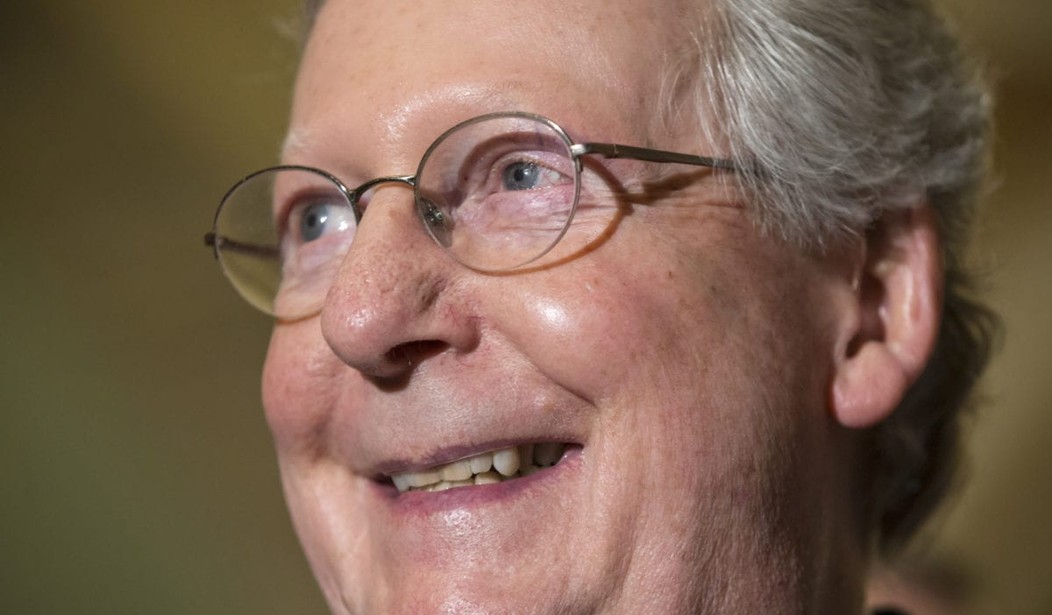

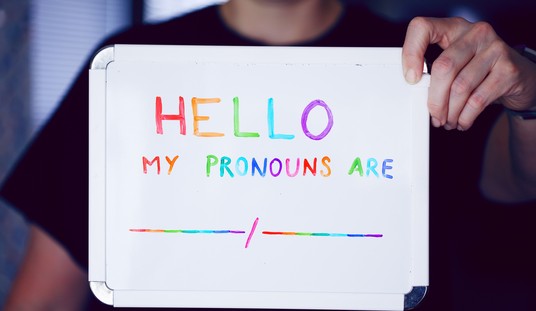
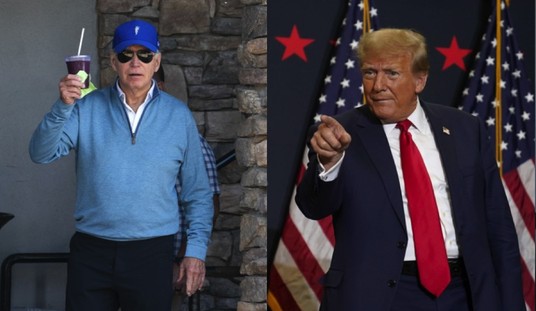
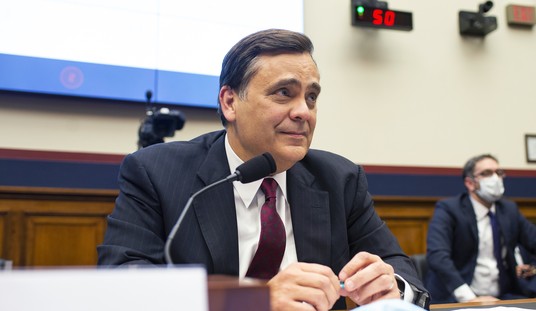
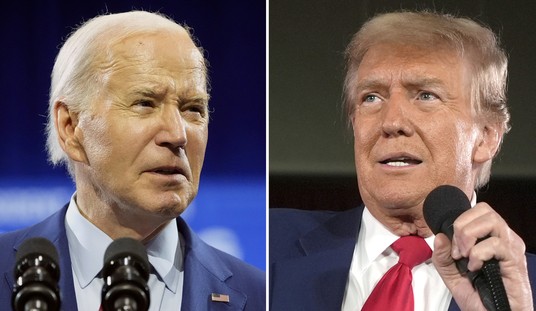
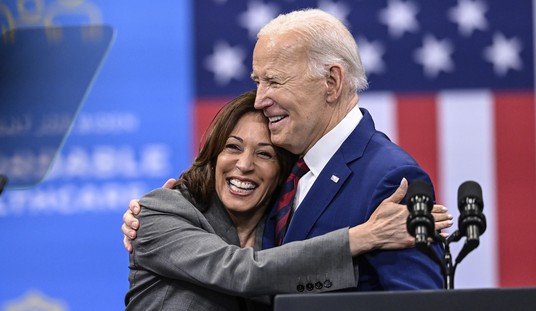
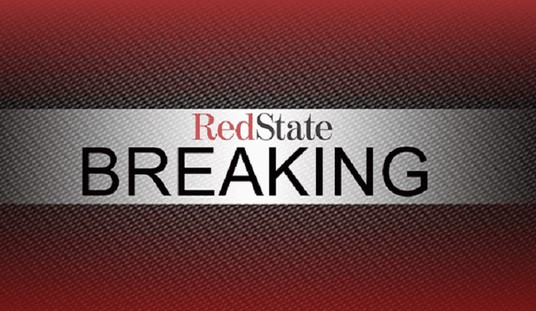

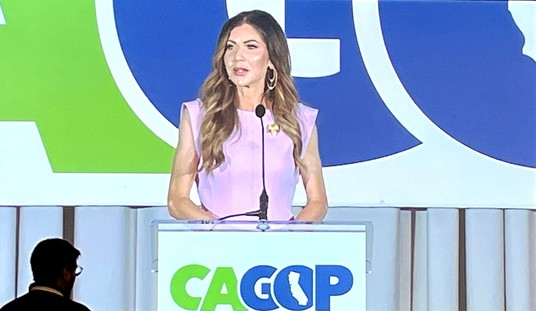


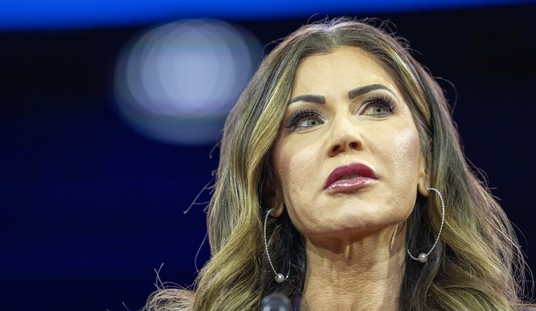

Join the conversation as a VIP Member